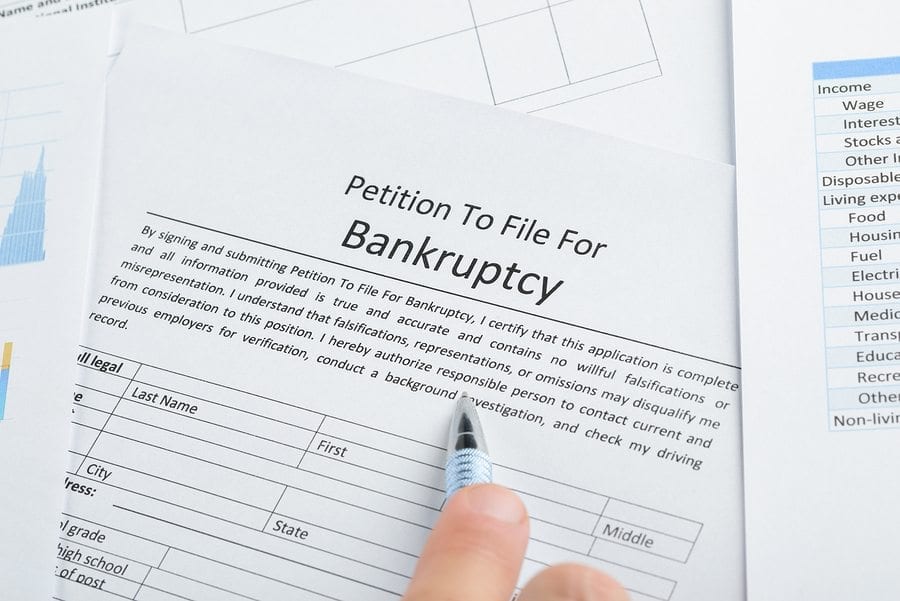1. Do Not Incur Post Bankruptcy Unsecured Debt
Whether you have filed for a Chapter 7 Discharge or a Chapter 13 Reorganization of debt, potential lenders will most likely send offers for new credit. Potential lenders target Petitioners post bankruptcy because their finances are under control. The offers of credit are usually in the form of credit cards, personal loans and high interest automobile financing. Immediate post bankruptcy credit is usually offered at unfavorable terms and can be very profitable for the Lenders/Creditors. To an individual or married couple post bankruptcy, such an extension of credit may be enticing; however, for a bankruptcy to best help the filing party or parties, it is of the utmost importance that the Petitioner(s) do not incur new debt post filing.
2. Budget.
It is most important to differentiate between wants and needs to remain debt-free post bankruptcy filing. A monthly budget can assist an individual or family organize their finances and is instrumental in setting limits for all non-necessity expenses. The goal of a monthly budget is to make sure all monthly expenses are paid on a regular basis and to earmark leftover funds for the purpose of saving and set aside a fixed amount per month for discretionary spending.
3. Save.
The goal of a bankruptcy filing is to put the Petitioner(s) in the best position to save money on a regular and monthly basis. Savings is truly the hallmark of remaining debt free. As savings grow, one’s reliance on an extension of credit diminish. Savings can ensure that one is not dependent on credit or incurring financing for future purchases.
4. Learn to say “NO.”
It is very common that one incurs debt and ultimately files for bankruptcy for debt incurred while helping someone else. Although our nature may be to extend ourselves as much as possible for family and friends, it is imperative that such habits discontinue post bankruptcy to ensure future financial stability.
5. Re-establish Credit.
There are several ways to re-establish credit post filing.
(a). One of the best ways to re-establish credit is to use a “secured” credit card. A secured credit card generally works similar to a debit card, but reports positive financial history and timely payments to the credit bureau’s thereby increasing one’s credit score post-bankruptcy filing.
(b). Pay bills on time. It is important post-Bankruptcy to start better financial habits. Showing a timely payment history to debts due and owing will be reflect positively positive on one’s credit score.
(c). Do not incur new debt. Incurring new debt will negatively effect ones debt utilization ratio post bankruptcy filing and therefore will impede their credit score from rising. My general advise is to wait at least six months prior to even stepping onto an automobile dealers lot and at least one year before even looking at any real estate.
To speak to an attorney at Sadek Bankruptcy Law Offices regarding your situation and the best options available to you, please contact one of our offices listed below.
CENTER CITY PHILADELPHIA: , 1500 JFK Boulevard, #220 Phila., PA 19102 215-545-0008
NORTHEAST PHILADELPHIA: 2375 Woodward Street, #105 Phila., PA 19115 215-545-0009
DELAWARE COUNTY OFFICE: 1489 Baltimore Pike, #218, Springfield, PA 19064 610-432-3111
BUCKS COUNTY OFFICE: 1609 Woodbourne Road, Suite 203B, Levittown, PA 19057 215-545-1055
NEW JERSEY OFFICE: 302 Washington Avenue, Suite 101 West, Moorestown, NJ 08057 215-545-0008





